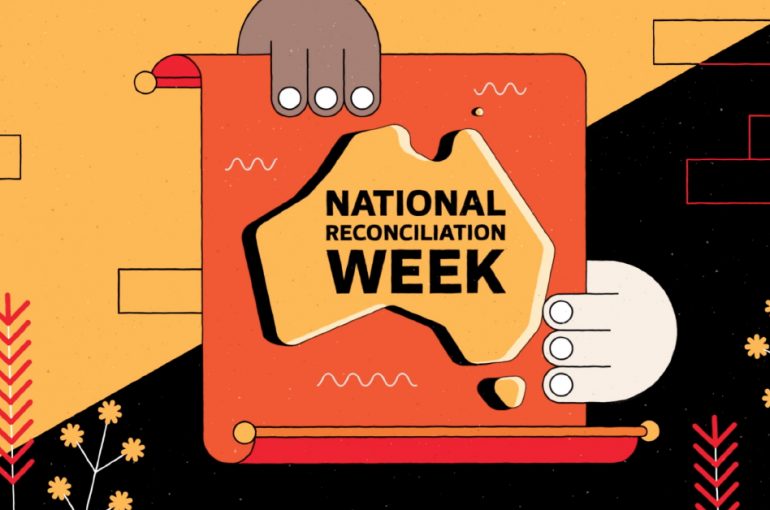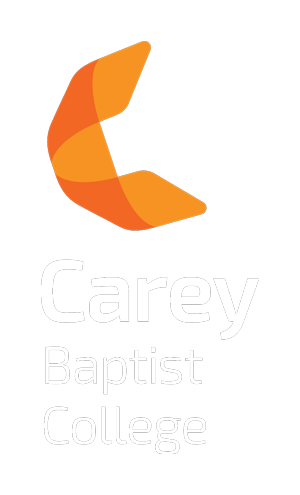National Reconciliation Week

This week marks National Reconciliation Week, a week for all Australians to learn about our shared histories, cultures, and achievements and to explore how each of us can contribute to achieving reconciliation in Australia.
The dates for Reconciliation Week remain the same each year; 27 May to 3 June. These dates commemorate two significant milestones in the reconciliation journey, the successful 1967 Referendum and the High Court Mabo decision respectively.
At Carey, we approach the topic of reconciliation through a critical understanding of history that recognises the role colonialism played in shaping Australia and the catastrophic impact this history has had on local indigenous communities. We also appreciate that the contemporary Australian community uncomfortably carries the legacy of this history and cannot undo or meaningfully compensate those impacted by colonial and post-colonial settlement.
In my own family are the stories of members of the Stolen Generations, who spent years on our family farm as farm labourers. One of these children, Cullin Tea Day Jumbaring, roughly the age of my father, was born on the banks of the Oak River near Marble Bar, around 1940. Cullin was separated from his mother at around 18 months of age and was not reunited with her until Cullin was around 42, but given the time apart, he could not meaningfully reconnect with his family. I wish I could sit down with Cullin now to listen and understand his story better. Cullin spent the rest of his life with my Grandfather on the farm near Bridgetown, an odd pairing, my Grandfather representing traditional conservative values and Cullin, usually adorning a South Fremantle jumper, struggling with alcohol addiction, was stuck between cultures, not truly at home in either.
So, where could we start in dialogue about Reconciliation at Carey? Perhaps, given our context, we could start this process by applying our College values to the conversation. Humility, a willingness to really listen to stories, like the story Cullin had to tell. Respect, a recognition of inherent human value and dignity, and Courage, the willingness to act well in the face of uncertainty, in the reality that there is no easy solution.
It sounds like a good place to start, but not easy to do.
I wonder if my generation will ever be able to genuinely apply these values to our varied experiences of the Australian story. Still, I trust that one day a generation of Australians will have the necessary Kindness and Integrity. Perhaps then we could build upon the collective ‘Sorry’ that was meaningfully offered by Prime Minister Rudd in 2008 to ask for and seek some kind of forgiveness. Forgiveness does not seek to make light of the past or hide wrongs done, but when genuinely sought and given, it can liberate our hearts and help us walk together towards a better and fairer future.
– Mr Brenden Gifford, Secondary Principal at Carey Harrisdale


